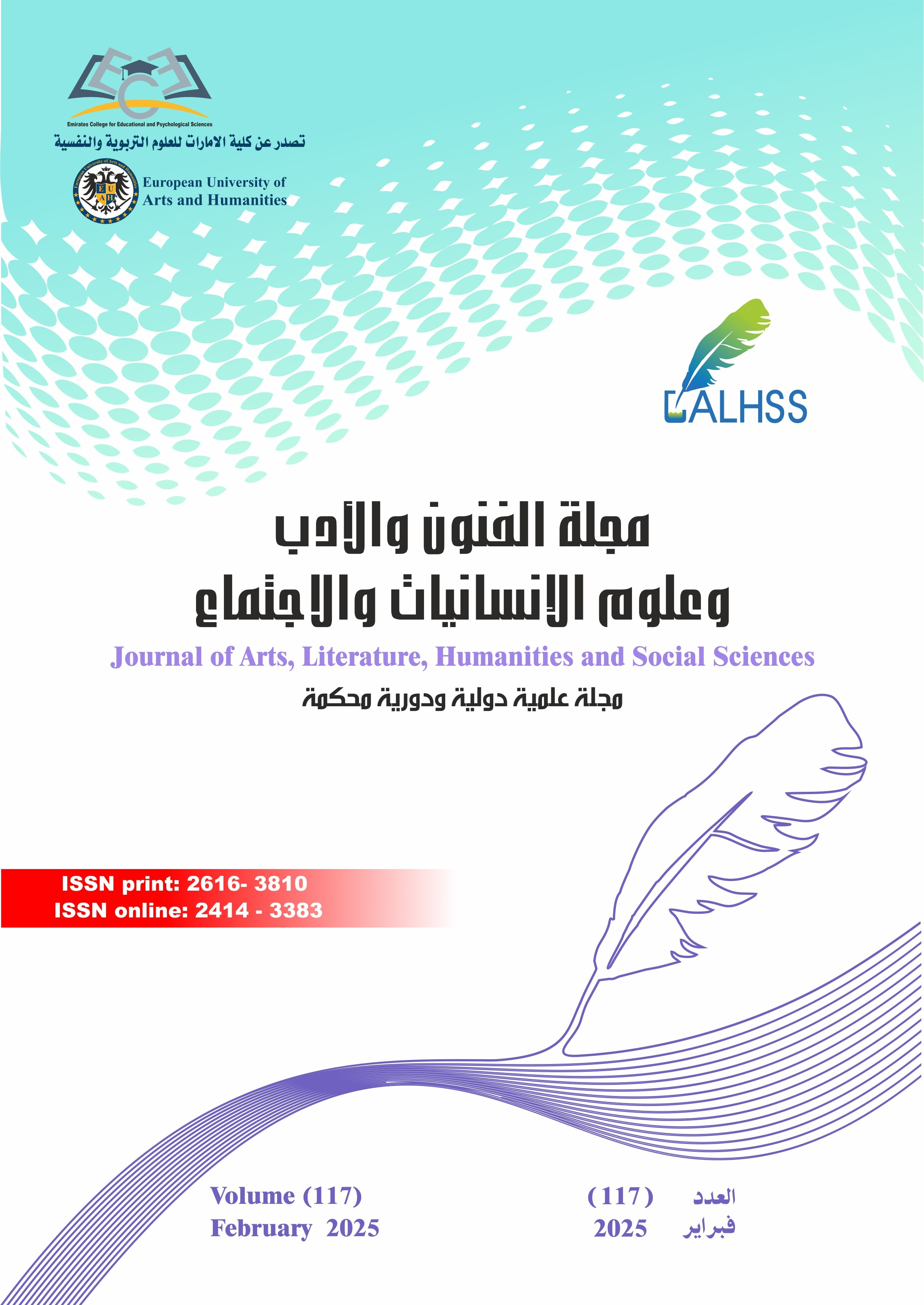Evaluation of the Effectiveness of Kindergarten Management in Implementing Academic, Psychological, and Social Programs for the Integration of Kids with Special Needs
(A case study)
Abstract
The study aimed to develop the management of kindergartens in implementing inclusive learning programs, whether academic, psychological, or social, to integrate children with special needs: a case study. The research was conducted at the first inclusive kindergarten in Riyadh, using a descriptive survey method. Data was collected through interviews with a sample that included the kindergarten director, (6) teachers working with both regular and special needs children, (3) special education specialists providing psychological and educational support, in addition to (29) parents of regular children and (5) parents of children with special needs.
The study reached several findings, the most significant of which is that the inclusion programs provided by the kindergarten management played a major role in enhancing social interaction between the two groups. The integration of children with special needs with regular children resulted in a significant improvement in social interaction and mutual acceptance by (44%). Additionally, the interview results indicated that children with special needs did not have a noticeable effect on the academic performance quality of regular children, with a percentage of (79%), and that children with special needs did not have a significant psychological impact on regular children, with a percentage of (64%).
References
2. البليهد، مها. (2024). مستوى معرفة معلمات الطفولة المبكرة بخصائص الأطفال ذوي الإعاقة الفكرية ودرجة امتلاكهن للكفايات المهنية بمعايير التدخل المبكر وعلاقتها بعدد من المتغيرات. مجلة كلية التربية بجامعة أسيوط، 40(7.2)، 211-245.
3. تطوير. (2024). سناد للتربية الخاصة. موقع شركة تطوير التعليم القابضة https://www.tatweer.sa/sped/.
4. حسن، محمد النصر، السيد، محمد سيد، & حنفي، نور الهدي أحمد. (2022). تطوير الممارسات المهنية لتربية المعاقين عقليًا القابلين للتعلم بمؤسسات رياض الأطفال في ضوء متطلبات الدمج. مجلة العلوم التربوية، 50، 109-152.
5. الرفاعي، أحمد. (1998). مناهج البحث العلمي: تطبيقات إدارية واقتصادية. عمان: دار وائل للنشر.
6. الشهراني، منيرة عوضة. (2022). اتجاهات الأمهات نحو دمج أطفالهن من غير ذوي الإعاقة مع أقرانهم من ذوي الإعاقة بمرحلة رياض الأطفال بمحافظة خليص. مجلة العلوم التربوية والنفسية، 6(27)، 61-81.
7. عبيدات، ذوقان، وآخرون. (1984). البحث العلمي مفهومه وأدواته وأساليبه: مكتبة الوثائق الوطنية.
8. عثمان، سهاد علي عبد الرحمن. (2024). دمج الأطفال غير العاديين في مرحلة الروضة بالقدس وفقًا لمعايير المجلس الأمريكي (CEC) من وجهة نظر المعلمات. المجلة العربية لإعلام وثقافة الطفل، 7(28)، 59-84.
9. المملكة العربية السعودية. (2016). رؤية المملكة العربية السعودية 2030 https://www.vision2030.gov.sa.
10. المنصة الوطنية(1445).حقوق الأشخاص ذوي الإعاقة. وزارة الداخلية. المملكة العربية السعودية https://www.my.gov.sa/wps/portal/snp/careaboutyou/RightsOfPeopleWithDisabilities
11. الودعاني، ندى، & زعل، ندى. (2023). تأملات معلمات قبل الخدمة حول دمج الأطفال ذوي الإعاقة في فصول الطفولة المبكرة. مجلة العلوم التربوية بجامعة القاهرة، 31(4)، 481-518.
12. وزارة التعليم. (2021). دليل العمل في مرحلة رياض الأطفال للأطفال ذوي الإعاقة. وزارة التعليم.
13. وكالة التعليم الأهلي. (2019). معين لرياض الأطفال برنامج القسائم التعليمية. وزارة التعليم.
14. Beşcu, M.-M. (2019). Educational management in kindergarten. Jurnalul Practicilor Comunitare Pozitive, 19 (1), 77-84.
15. Chu, S. Y. (2022). Culturally responsive teaching efficacy in inclusive education at Taiwanese preschools. Asia-Pacific Journal of Teacher Education, 50 (1), 97-114.
16. Flyvbjerg, B. (2011). Case study. In The Sage handbook of qualitative research (4th ed., pp. 301-316).
17. Government of Canada. (2019). Inclusive education: A guide for educators. Ottawa, ON.
18. Norwegian Ministry of Education and Research. (2018). Inclusive education in Norway: A comprehensive overview.
19. Siller, M., Morgan, L., Wedderburn, Q., Fuhrmeister, S., & Rudrabhatla, A. (2021). Inclusive early childhood education for children with and without autism: Progress, barriers, and future directions. Frontiers in Psychiatry, 12, 754648. https://doi.org/10.3389/fpsyt.2021.754648
20. Swedish National Agency for Education. (2021). Education for children with disabilities: A guide to inclusive education.
21. U.S. Department of Education. (2020). Supporting children with disabilities in education: A guide for schools and families.
22. Yu, S., & Park, H. (2020). Early childhood preservice teachers’ attitude development toward the inclusion of children with disabilities. Early Childhood Educ J, 48, 497–506.
23. Zabeli, N., & Gjelaj, M. (2020). Preschool teacher’s awareness, attitudes and challenges towards inclusive early childhood education: A qualitative study. Cogent Education, 7 (1), 1791560.
Copyright (c) 2025 د. منال بنت محمد عبدالعزيز آل عثمان , أ.رغدة نايف عياط العنزي

This work is licensed under a Creative Commons Attribution-ShareAlike 4.0 International License.



